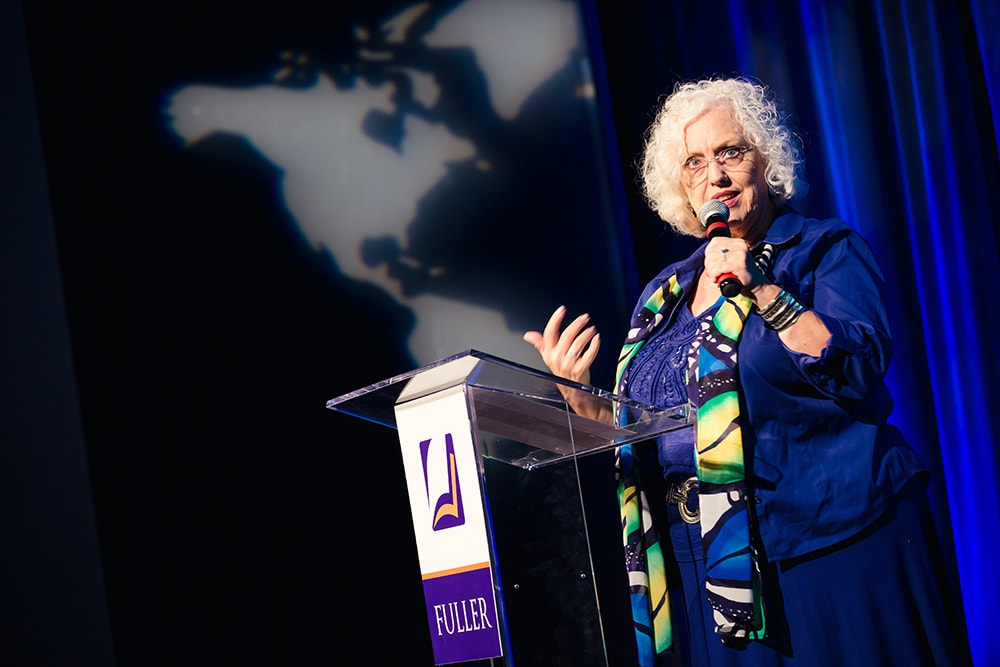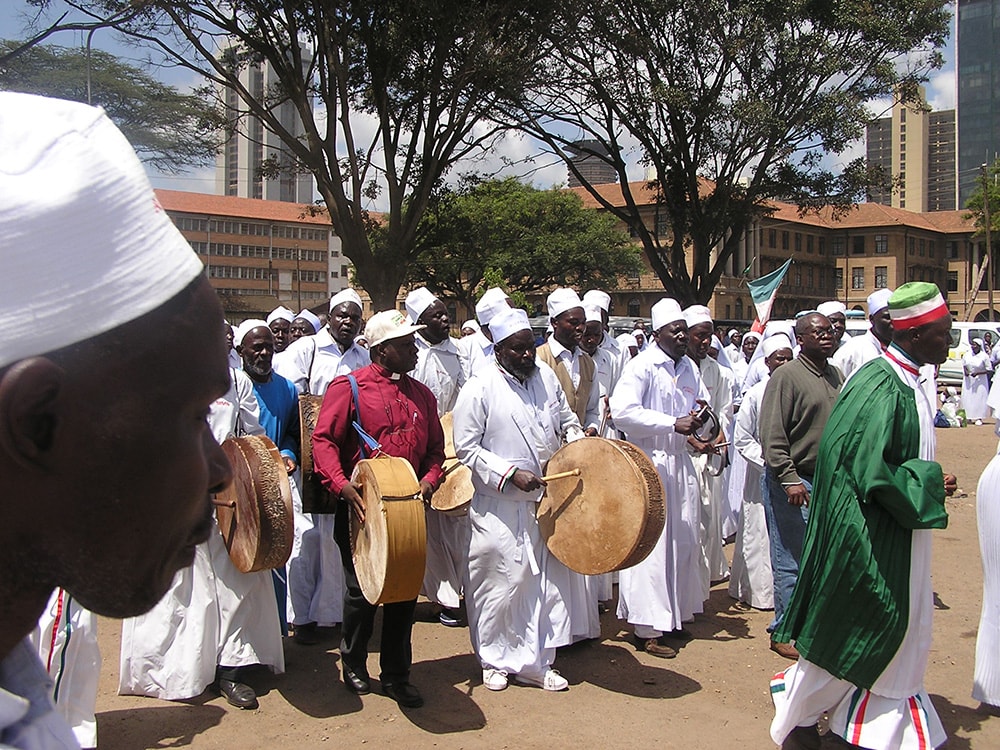Top Six Reasons for Studying Global Christian Worship and Witness
Posted 02/12/2018 in Missiology Conversations
When I left for Kenya 40 years ago, I was asking God if he could use me, a woman and a musician. In those days mission was mainly focused on church planting, and women were for the most part junior partners. One had to fit the profile in order to participate. To my amazement, however, within the first six months of my arrival in Nairobi, I found myself producing the radio program “Music with a Message” on the national radio station. Additionally, I had whole choirs (30–50 people) walking several miles from the slums to where I worked at Daystar Communications. They wanted coaching in choral singing. I was also teaching in the classroom along with helping to lead innovative worship at the well-known Nairobi Baptist Church. God was showing me that yes, he could use me, a woman and a musician.

What had I stepped into? Three things. First, I arrived on the African continent in the midst of dynamic church growth. The African church is still considered by many to be the fastest growing church in the world. Second, people were longing to worship the God of the universe who had changed their lives. Their enthusiasm was exuberant and palpable. Third, singing and the arts lie at the center of their cultural practices. They are not sidelined, but rather come to the fore through all of life. As one African proverb reveals: “If you can walk, you can dance; If you can talk, you can sing.”
Ultimately, I discovered that music and the arts play more critical roles in the life of the African church than previously recognized. I also discovered the discipline of ethnomusicology, where scholars study the intersection of music and culture. This challenged me to raise new questions about music and the arts. These questions led to creating contextualized approaches to proclaiming the gospel, to spiritual formation that is culturally appropriate, and to worship that cleanses from the inside out, rather than surface-level forms that do not transform lives. What I, along with African musicians and artists, developed together became the study of Global Christian Worship and Witness.

Here are the top six reasons for studying this emerging field:
- Global arts reveal and speak into the lives of peoples worldwide. That means we need to realize music and the arts are deeply embedded in culture in ways that differ from our own. Learning how to exegete music cultures is foundational for meaningful engagement in Christian worship and witness.
- The global arts are expressive languages of communication. They “preach” within their contexts in powerful ways. Music, storytelling, dance, drama, and the visual arts make sharing the gospel message accessible in their own unique ways. There is much to learn about how to go about doing so with cultural respect and sensitivity.
- More than half of the world’s population, some 4.3 billion people, are oral learners and do not or cannot rely on literacy skills for negotiating life. The challenge is to empower local Christian musicians and artists to join in making Christ known by using their art forms to impact local and global communities with the truths of Scripture. Approaches to working with peoples in redeeming music and the arts for communicating the gospel form a key part in studying Global Christian Worship and Witness.
- Music and the arts provide spaces for building relationships and friendships. Foundational to all witness and ministry of the church is forming relationships as a means of revealing the deep love of Jesus. The global arts provide safe arenas for bringing together believers with non-believers, even those who may be perceived as enemies.
- Global arts offer hope and healing in processing pain and trauma, restoring relationships through peacebuilding, and engaging in interfaith dialogue. Since the arts work in the deeper domains of culture, their impact can be very significant.
- Finally, global music and the arts play key roles in our daily lives, including major life events such as weddings, funerals, graduations, and rites of passage. There is great potential for discipling the nations in culturally appropriate ways that move worship and witness out into societies for the sake of making known among the nations God’s glory and salvation.
As the psalmist declared,
All the nations you have made
will come and worship before you, Lord;
they will bring glory to your name.
(Psalm 86:9)
Studying Global Christian Worship and Witness contributes to making this a reality.
Read Dr. King’s previous contribution to our blog titled “From Western Hymns Alone to a Full Range of Global Arts.”
 Roberta R. King is associate professor of communication and ethnomusicology in Fuller’s School of Intercultural Studies. At the MA level Dr. King is the faculty practicum supervisor, and she also teaches and mentors in the PhD and Doctor of Missiology programs.
Roberta R. King is associate professor of communication and ethnomusicology in Fuller’s School of Intercultural Studies. At the MA level Dr. King is the faculty practicum supervisor, and she also teaches and mentors in the PhD and Doctor of Missiology programs.

